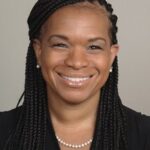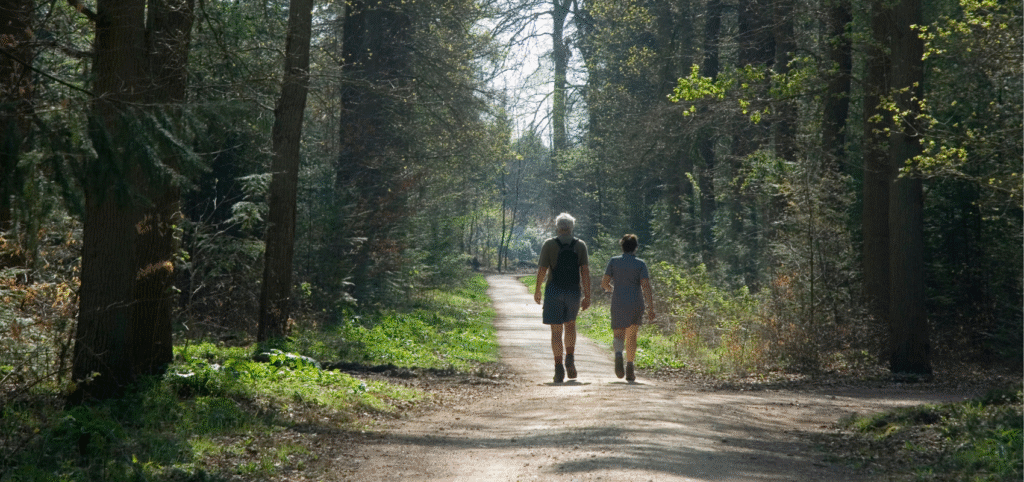In 2022 we celebrate the 25th anniversary of the HERITAGE (HEalth, RIsk factors, exercise Training And GEnetics) Family Study. The May issue of Medicine & Science in Sports & Exercise® (MSSE) highlights a multitude of the more than 200 publications and other dissemination products from data generated from this groundbreaking and important research program. The HERITAGE study described the role of genetics in cardiovascular, metabolic and hormonal responses to exercise training in Black and white adults and children. It was the first study of its kind and the largest exercise-focused study ever that recruited Black and white people for hereditary comparison. While revolutionary in its purpose, scope and implementation, two-and-a-half decades later, some language in the HERITAGE study protocol paper raises eyebrows at best and expressions of concern at worst.
We have dedicated our professional service and scholarly activities to improving social justice, equity, diversity and inclusion in science, education and our professional activities within and external to the American College of Sports Medicine® (ACSM). Thus, we were invited to contribute a commentary to preface the papers in the MSSE supplement. The invitation to comment was motivated by concern expressed by a group of students and their faculty instructor in a kinesiology department at an R1 institution in the United States who read the HERITAGE study protocol paper as part of a course. These individuals found the paper’s language to be racist and insulting to people who value racial diversity in research and in society as a whole. ACSM’s leadership decided to be proactive in prefacing the current supplement by addressing concerns about the description of Black families in the original paper and the potential of this supplement to reinforce negative stereotypes about Black people.
Approaching this topic took careful consideration in order to celebrate the knowledge produced by this rigorous and historic research, coupled with the stellar reputations of the scientists who delivered this work, while recognizing the problematic language in the original paper. We invited two other contributors, a biological anthropologist who studies primate and human evolution (Nina Jablonski), and another exercise physiologist who uses human and cell models to focus on vascular health in Blacks (Michael Brown), to join us in authoring this paper.
In our commentary, we acknowledge and celebrate the many contributions of the HERITAGE study while drawing attention to the fact that language in the original paper could add to the historic harm that Blacks have experienced in science and practice. We cite examples of two historic incidences in research and medicine that led to many Black people’s unwillingness to participate in scientific investigations based on their mistrust and concerns about their treatment by health care systems and providers, as well as researchers. The commentary indicates that over the 25 years since the HERITAGE study, society has witnessed myriad accomplishments in research and medical practice. We must never lose sight of the accomplishments in social justice, diversity, equity and inclusion within our professions. We must also continue the ethical imperative that everyone persists in implementing these important features while designing, conducting and disseminating research and delivering quality clinical care.

NiCole R. Keith, PhD, FACSM, is a research scientist in the Center for Aging Research, a Regenstrief Institute Investigator, a professor of kinesiology and the associate dean of faculty affairs in the School of Health and Human Sciences at Indiana University-Purdue University in Indianapolis, Indiana. She was the 2020-21 president of ACSM. Dr. Keith addresses heath equity by researching methods through which physical activity can positively influence the health outcomes of individuals who are underrepresented minorities as well as those who reside in socioeconomically challenged communities.

W. Larry Kenney, PhD, FACSM, FAPS, is the Marie Underhill Noll Chair in Human Performance and professor of physiology and kinesiology at the Pennsylvania State University. Dr. Kenney studies human responses to exercise, heat and cold stress, and dehydration as well as the biophysics of heat exchange between humans and the environment. He served as ACSM president from 2003 to 2004. He is also the primary author of Physiology of Sport and Exercise, a bestselling textbook in exercise physiology now in its eighth edition.
Viewpoints presented in SMB commentaries reflect opinions of the authors and do not necessarily represent ACSM positions or policies. Active Voice authors who have received financial or other considerations from a commercial entity associated with their topic must disclose such relationships at the time they accept an invitation to write for SMB.




